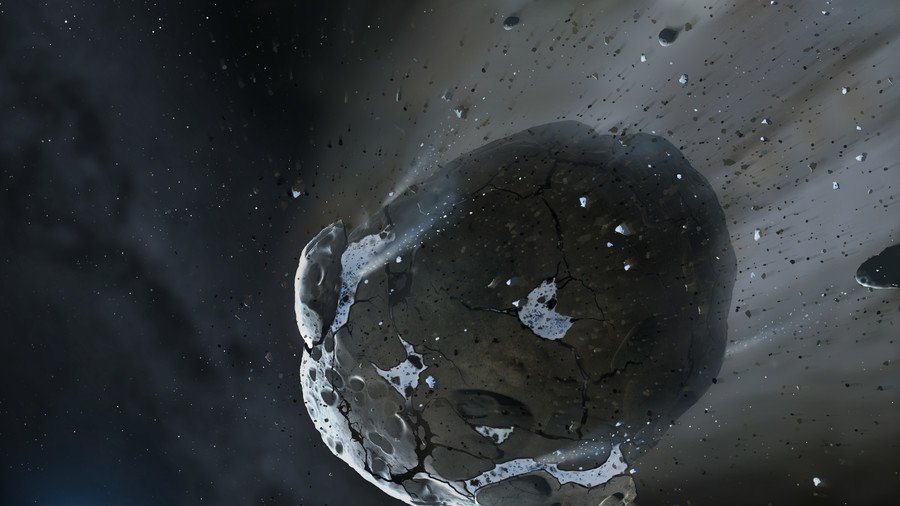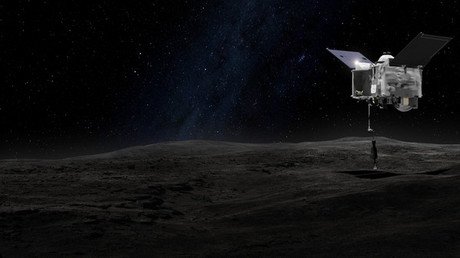Asteroid the size of Great Giza Pyramid making a ‘close approach’ to Earth

An asteroid listed as “potentially hazardous” by NASA and estimated to be about the size of the Great Pyramid of Giza is hurtling toward Earth at 20,000 mph - but don’t cancel your end-of-August plans just yet.
The giant space rock, known as 2016 NF23, measures between 230ft and 525ft in diameter and is expected to make a “close approach” to Earth on August 29. NASA labelled the asteroid as an “Atens” body, meaning its orbit will come into the vicinity of our planet, and has put it on their “potentially hazardous asteroid” list.
NASA classifies Near-Earth objects (NEOs) or asteroids “potentially hazardous” if they come with 4.6 million miles of our planet. The space agency estimated the asteroid will –happily for us– come about 0.03377 astronomical units, or about three million miles, from Earth.
However Lindley Johnson, a planetary defense officer at NASA headquarters in Washington, said the asteroid poses no risk to Earth. “There is absolutely nothing for concern by this pass of 2016 NF23,” Johnson told Space.com.
"This object is merely designated a Potentially Hazardous Asteroid (PHA) because its orbit over time wings it within five million miles of Earth’s orbit, but there is nothing hazardous to Earth or even unique about this pass of the asteroid,” he added.
Last year NASA’s Jet Propulsion Laboratory (JPL) attempted to ease the mind of earthlings by saying they don’t expect any asteroid or comet to impact Earth within the next several hundred years.
“NASA knows of no asteroid or comet currently on a collision course with Earth, so the probability of a major collision is quite small,” the agency notes. “In fact, as best as we can tell, no large object is likely to strike the Earth any time in the next several hundred years.”
Think your friends would be interested? Share this story!















